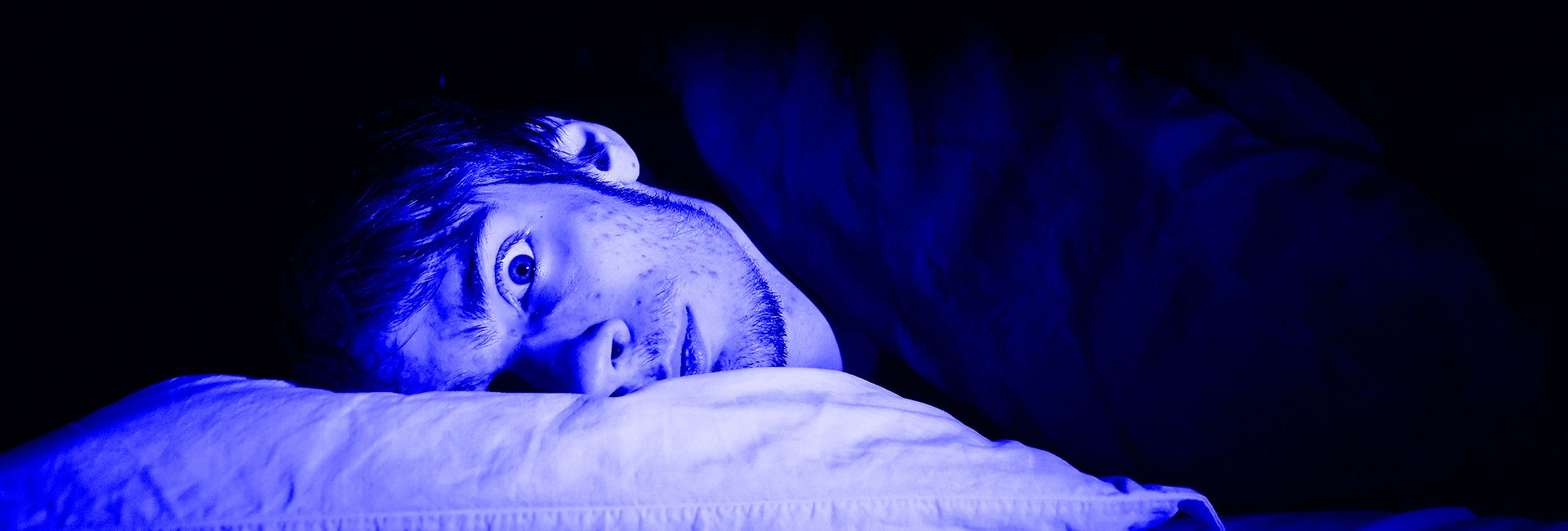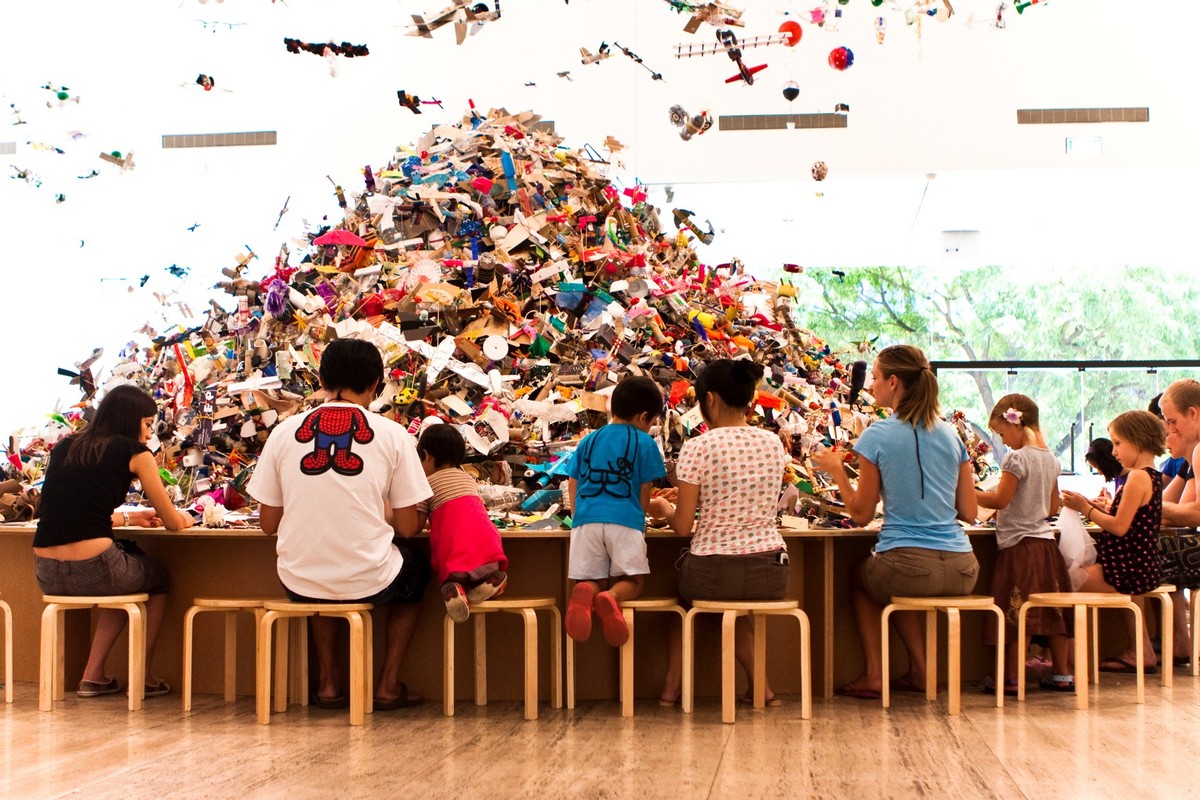Navroop Ichhponani was a good sleeper. Prior to the pandemic lockdown, the UNSW student maintained a fixed routine that involved six to seven hours of sleep.
The third-year actuarial and commerce student had deferred study in Term 1, to take a full-time job and comfortably managed this along with extra-curricular activities. Then, came Term 2 and a return to study with all his classes switched to online. He'd stepped back from his job and most social activities were on hold. He had much more time available. He found without those fixed routines, his sleep schedule shifted. He would stay up until 2 or 3am and wake around noon.
"I feel lethargic and unmotivated … I [was] becoming less productive due to the extra time I [had] on my hands which disrupted my sleep pattern," Ichhponani said.
COVID-19 has changed sleep patterns for many Australians in 2020 with the three-month lockdown in the first half of the year triggering limited or low-quality sleep patterns for some and improved rest for others.
"Some individuals because of isolation, not having to travel to work and other variables like that have more time available to sleep/exercise regularly and become healthier," said Dr Christopher Zappala, a sleep expert.
Zappala, federal vice-president of the Australian Medial Association, said trials have shown an increase in total sleep time, even half an hour, can improve wellbeing. But not everyone gets the benefit, some are doing worse. "Individuals, even if they are working from home, particularly if they've got kids and they're managing home-schooling for those kids, that can demand a large amount of time through the day, [are] working longer hours into the night and getting less time for sleep/exercise."
For some, tough lockdown conditions remain in place. As NSW began to emerge from its lockdown in July, a second wave of COVID infections was sending Victorians back to a strict lockdown where metropolitan Melbourne will remain until at least September 28. Being in lockdown impacts a person's physical and mental well-being. In addition to that, the NSW-based Sleep Health Foundation has found social distancing, school closures and working-from-home can also disrupt sleep patterns.
'If you're sleep-deprived, you're more likely to be anxious and when you're anxious you're more likely to not be able to sleep well.'
Linda Zhang, a first-year law and arts student, also started sleeping later resulting in daily headaches and overall fatigue and brain fog when doing university online. "I would say sleeping later has impacted on my ability to keep up with weekly readings and completing assignments, due to the overall lack of mental clarity and decreased concentration," she said.
Zappala said the research supports this experience. People who are sleep-deprived can have impaired cognitive skills such as problem-solving and critical thinking. People who sleep from 2am to 10am experience a Circadian shift, which can be as unhealthy as having fewer hours of sleep.
"If you're sleeping out of phase with the normal light and dark cycle, that can cause tiredness and performance on ability, like people who work shift work, have a loss of function even if they have sufficient hours of sleep during the day," Zappala said.
Psychologist Hailey Meaklim, told ABC in June a preliminary analysis of a Monash University study of the way the pandemic was affecting sleep patterns showed 46 per cent of participants in the study had experienced poor sleep quality, up from 25 per cent pre-pandemic.
In the United States, Express Scripts, a prescription benefit plan provider reported prescriptions for anti-insomnia drugs rose 14.8 per cent in March, the month the pandemic was declared. It said this spike in use was set against a five-year decline in use of insomnia drugs by Americans.
Lying awake worrying about the pandemic has another unwelcome impact. Sleep-deprived people have also been found to have weaker immunity, according to the Sleep Health Organisation, putting them at higher risk of catching viruses like COVID-19."It's a vicious cycle," says Dr Moira Junge, a spokesperson for the Sleep Health Foundation. "Because if you're sleep-deprived, you're more likely to be anxious and when you're anxious you're more likely to not be able to sleep well," she said.
Sara Ali, a commerce, and actuarial student at UNSW, said she suffers from insomnia and "quarantine has fuelled my insomnia to the point where I can lie two to three hours in bed trying to fall asleep". Should she be worried? Are a set number of hours of sleep essential?
Zappala says while you need to feel well-rested for proper immune health, not everyone responds the same way. Some people can survive with a few hours of sleep and some need nine hours to fully function.
As Term 3 kicks off at UNSW, the experts say practising good sleep hygiene – having a routine with a set bed and wake up time, doing regular exercises such as aerobics and avoiding devices before going to bed – is essential if you want to shake off those lockdown insomnia blues and improve the quality of your sleep.
Ichhponani is finding his way back to better sleep patterns through exercise. "When the NSW government allowed the resumption of local sports, I was able to finally start playing soccer again. I was able to get consistent physical exercise through playing four times a week and sustain a healthy diet ... [It's] helped me to sleep and wake up on time."






